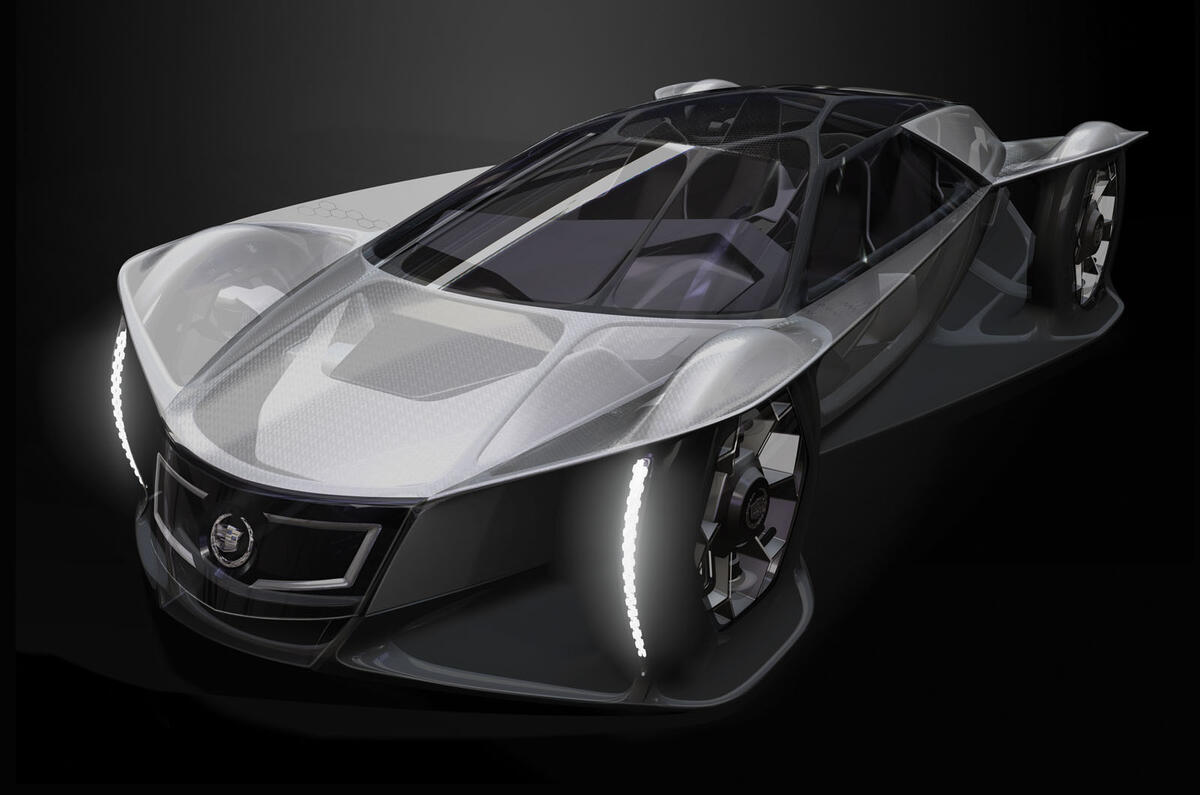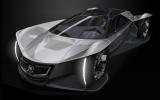A total of nine major manufacturers have revealed their entries for the annual Los Angeles motor show Design Challenge.
The theme of this year’s challenge was to create a car that minimised use of the earth’s resources. Entries had to be “an efficient, lightweight, four passenger vehicle, that is both comfortable and safe, while delivering satisfactory driving performance without sacrificing the styling consumers demand”. And crucially, each entry had to weigh less than 1000lbs (453.9kg).
See official pics of all nine of the Design Challenge entries
This year’s contest has also been extended to include entries from manufacturers’ global designs studios, not just those based locally. This attracted entries from Germany and Japan for the first time.
General Motors, Honda, Maybach, Mazda, Mercedes, Nissan, Smart, Toyota and Volvo all submitted entries. Maybach’s ‘Den-Riki-Sha’ entry is one of the more striking; the luxurious rickshaw is a human-electric hybrid that aims to transport passengers across town in supreme comfort.
Read more on last year's LA show Design Challenge
Another notable entry came from Volvo. Its Air Motion Concept is essentially a four-seat racing car for the road, is powered by compressed air motors and is “aimed at the driving enthusiast”.
You can click here for a picture of each of the concepts and a brief summary of their main attributes. The winner will be announced at the LA motor show next month.






















Join the debate
Add your comment
Re: The 450kg cars of the future
Unless cars are made from expensive exotic materials and have no heavy batteries in them they will not get the weight down below 450kg with modern safety legislation. If the only cars available to purchase were similar to those shown at Los Angeles then I for one would not bother having a car.
Re: The 450kg cars of the future
Re: The 450kg cars of the future
Looks like Mercedes were keen to win, with 3 of the 9 entries, and volvo werent, entering a 3 seater into a 4 seater contest.
However its always interesting to see what designers are thinking as much of it works its way into tomorrows cars, all be it watered down (thankfully)